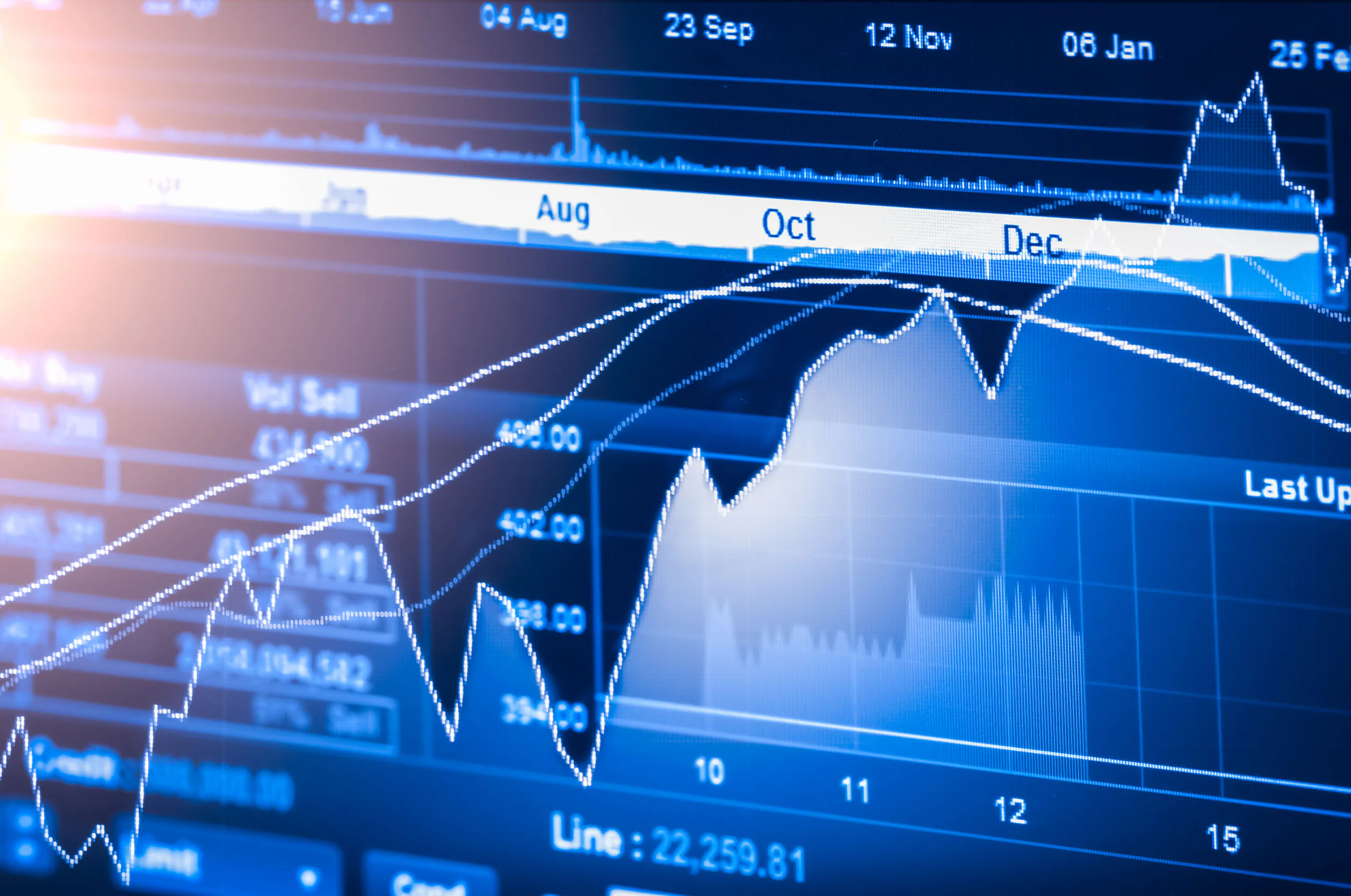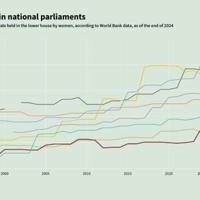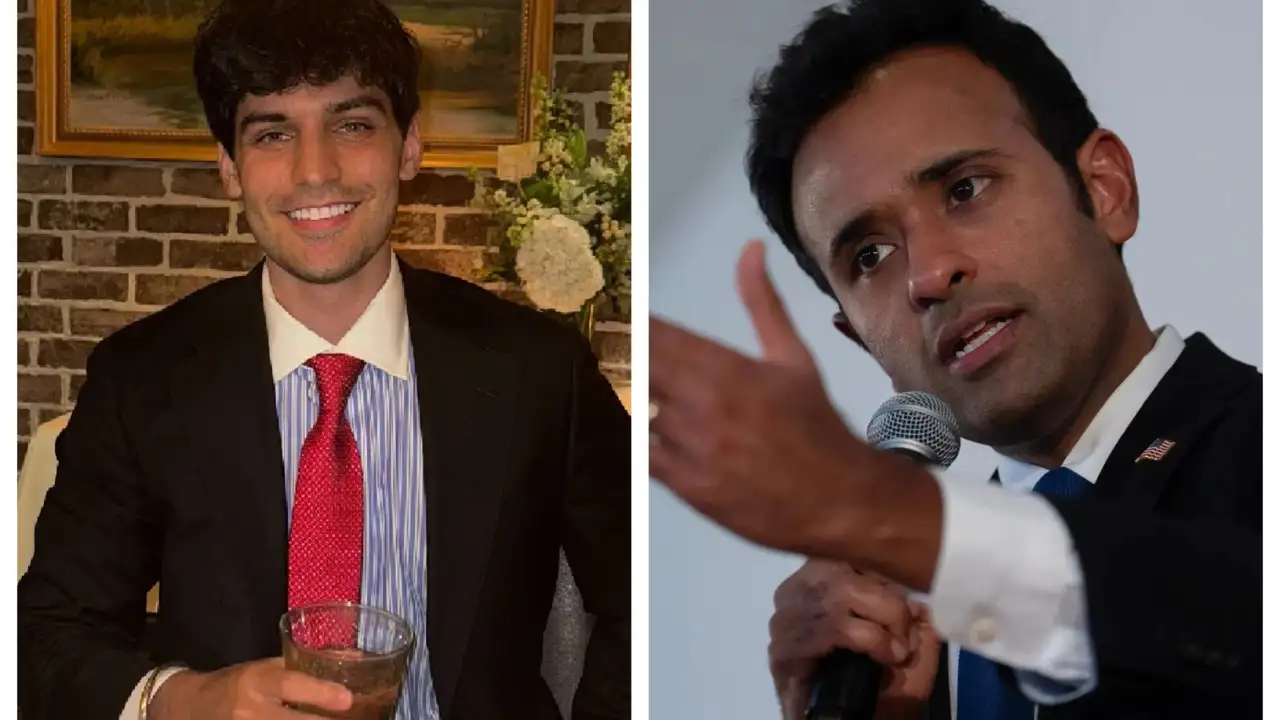Copyright businessday

I usually make it a rule not to comment on columns in Business Day written by my colleagues. After all, even if I disagree with Duma Gqubule on monetary policy, I lack the expertise to muster a comprehensive counterargument. I have no formal economics or accounting training. I learnt the basics of reading a balance sheet on the job. I avoid the more controversial landmines, such as domestic party politics and the Middle East, leaving that to the experts. I will touch on BEE. As a trustee of the TML Pension Fund, we used to interrogate the credentials of our fund managers. Institutional investors have their fiduciary responsibilities to consider. But a column on Monday (November 10) caught my eye: “Do asset managers really have the skill to predict accurately?” by Dani Freidus, a consulting actuary. I have seen many conferences in which industry sages such as Anne Cabot-Alletzhauser and Rowan Williams-Short have discussed forecasting. In their cases the focus was on the destructive value of trying to time the market “every nanosecond”. It’s certainly true that to keep switching either between funds or asset classes destroys value, not least because of the trading costs and commissions — though at least the days of stockbrokers’ fat, fixed commissions are long gone. Multimanagers such as Frank Russell (now no longer “Frank” but simply the Russell Group) and SEI Investments believed that market timing was a mug’s game. The only way to add value was through stock selection, they used to argue. After all, investment gurus such as Peter Lynch of Fidelity Magellan (and his SA colleague, Allan Gray) and Bill Miller of Legg Mason beat the market by discovering hidden gems. There was not nearly as much public information about shares in the pre-internet days of the 1980s and early 1990s, when these gurus were at their peak, so there was a lot to be said for finding investments. Lynch would often get his best ideas wandering around shopping malls, where he uncovered a little-known British retailer called The Body Shop, for example. But over time the negative term “market timing” has morphed into a more positive euphemistic term, “tactical asset allocation” (TAA). I was privileged to meet some of its earlier practitioners, such as Dave Fishwick of Prudential/M&G. And there was increasing research to show that the true differentiator was never stock selection at all, but asset allocation. Locally, leading fund managers such as Piet Viljoen and Louis Stassen largely built their reputations on their tactical asset allocation skills. Of course, investment management is not neurosurgery. Investors do not have full control over all the variables. Luck — or randomness, as fund managers prefer to call it — still plays a huge part. Freidus, in Monday’s column, shows how there is an illusion that now that information can be processed far more quickly and efficiently than in the 1980s, predictions should be more accurate. The infamous Sam Bankman-Fried, later a promoter of bitcoin, developed a system that could access US election data before it was released on media such as CNN. But it could not predict, Freidus says, that Donald Trump would beat Hillary Clinton in the 2016 presidential election. Bankman-Fried’s firm Jane Street shorted the market aggressively, as it was so confident about its information — and he was so confident it would lead to a market crash. Through shorting, the firm lost $300m in a single trade. Definitely an example of hubris, and not for the last time in Bankman-Fried’s case. He was eventually convicted of fraud at his FTX cryptocurrency exchange. Fund managers who claim to have perfect foresight, or at least better foresight than anyone else, are deluding themselves and should be treated with great scepticism. One conclusion could be just to go for cheap index funds. The savings from lower fees are bankable, but the promise of outperformance is uncertain. They say that the only free lunch in investment is diversification. For some time, diversity meant the balanced fund, which in the US meant 60% shares and 40% bonds. This makes sense when the two asset classes are negatively correlated — shares do well when bonds do not, and the other way round — but this is by no means always the case. There is a much wider toolbox in the 2020s. Property is a hybrid of bonds and equities. The two best performers on the JSE over the past five years (according to the Sunday Times Top 100 survey) are both property shares — Dipula and Fairvest B-class shares. But property was coming off a low base five years ago. Alternative investments, which are not traded on public markets, are also useful for diversification. Even cash has usually given real returns to investors, especially in tax-protected vehicles such as pension funds and retirement annuities. Experienced investors will tell you that macroeconomic forecasting has a poor success rate. Will this change as artificial intelligence is rolled out? The old rule of garbage in, garbage out still applies, unfortunately. • Cranston, a financial journalist, is author of ‘The Mavericks’, a new book about SA fund management.



